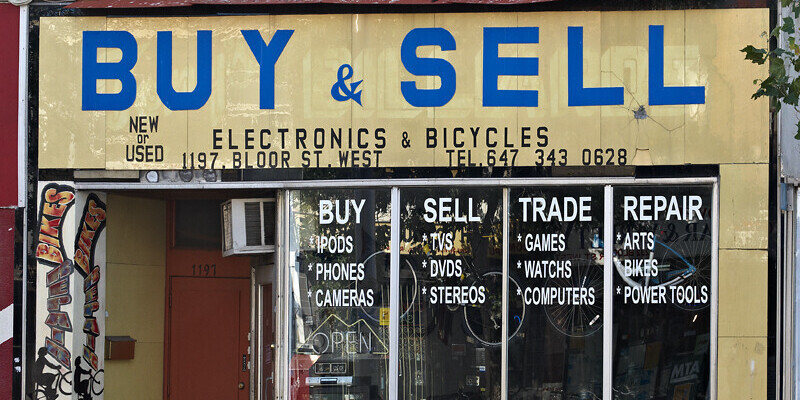The ultimate objective of every homeowner is to find her dream house at an wonderful price. To some degree, foreclosures provide home buyers that chance. If a homeowner defaults on his mortgage and can not catch up or sell the house himself, then the lender forecloses and takes possession. Banks can not make any cash on stagnant land –in fact, foreclosed properties lose them money–so the lender tries to resell it as quickly as possible to recover some of their reduction. Foreclosures carry more risks for the house buyer, many unique to foreclosures independently. The advantages might still outweigh the risks, but as a prospective buyer, you should weigh these issues against the prospective benefits before you make an official offer on any foreclosed home.
Inspections &Appraisals
Foreclosures, particularly if placed up for public auction, are typically not available for viewing prior to sale. At best, you may have the chance to tour the home quickly just prior to bidding, but other prospective bidders will probably be present, too. Many foreclosures are sold to buyers who don’t step foot in the home until after the purchase is finalized. Properties not available for screening aren’t readily available for inspection or separate appraisals, either. You’ll need to wait until after buying the property before you can run a review or appraisal to evaluate the property’s harm and value.
Damage &Defects
Foreclosed properties often present with significant damages or flaws, which lenders rarely attempt to fix prior to selling. This is due in part to the cost–a lender that has already lost cash foreclosing the house is unlikely to spend more money on improvements. The former homeowner does not have any reason to spend the money or effort to make repairs, since the house is no longer his, and he sees no advantage if the home fetches a higher sale price. A sour homeowner may go so far as to purposely cause damage to the property, either out of spite for the lender or to decrease the lender’s revenue from the purchase. Foreclosures may also sit vacant for months, sometimes years, allowing those properties to become a state of even more disrepair. The lender has no duty to complete these repairs, nor will be the lender accountable for the property’s condition. This, coupled with the fact that you probably will not get to inspect the property prior to purchasing, creates a significant danger for you as a buyer. You could purchase a foreclosure for $50,000 less than the home’s value, but find $100,000 worth of damage that requires repair.
Financing
In a typical foreclosure auction, the highest bidder should pay in full within 24 to 48 hours of winning, and payment must be made by cash, check or money order. Should you would like to finance a foreclosure, then you have to secure the loan prior to bidding. This is sometimes exceedingly hard, because you’ll need to estimate how much you’ll have to spend to obtain the property, which you will not know until the auction finishes. Rather, you and your mortgage lender will need to discover a maximum limitation, and your lender must agree to lend you up to that amount. If the bidding surpass your limit, you may either have to pay the difference in money or lose the house.
Stubborn Tenants
Purchasing a foreclosure carries a exceptional danger not generally prevalent in other real estate transactions: unwanted tenants. Sometimes, the prior homeowner refuses to vacate the house, even after someone else buys the house. Rarely does the lender forcefully eliminate the previous homeowner prior to purchase, and after the property is sold, it becomes your duty. As a consequence, that you might have to evict the previous homeowners yourself before you’re able to move into your house, and it may take months to accomplish this successfully.
Actual Discount
Maybe the biggest issue about foreclosures is your potential discount. Many buyers are under the mistaken impression that every foreclosure offers a substantial discount. Although it is certainly true that you can save as much as 40 percent off the actual price, most foreclosures actually offer you a reduction about 5 to 10 percent, some even less. While any reduction is better than nothing, you need to seriously consider the hard work and the risks that you undertake and what you may actually receive in exchange–you might end up spending four times the amount of money you saved just to bring the property to a habitable condition.
See related




